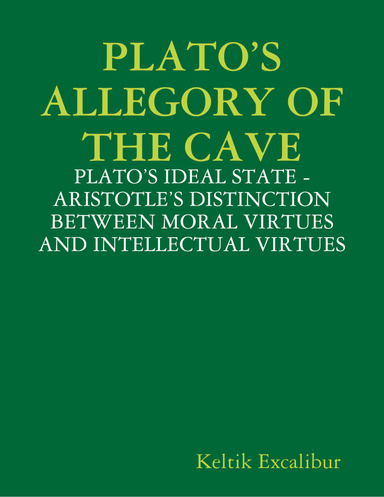
He never overcame the city’s decision to condemn his beloved teacher to death Socrates. Plato was deeply disappointed with the democracy in Athens. In Plato’s ideal society, then, there was no social mobility between different classes: this was eventuality, in fact, considered unjust. The philosophers were meant to govern, the soldiers had to protect the city from its enemies, and the producers provided food and shelter.

As the different parts of human souls, the social classes had predetermined roles in the organization of public life. The lowest class consisted of the “producers”, people working on manual labour. The second class comprised the “auxiliaries”, who were the soldiers who defended it. The higher class was that of the “guardians”, who were philosophers and must rule the city. Each class should receive different education and its members would be occupied with specific tasks suited for them. Plato defined three different social classes, in accordance with the three components of the soul. This definition applied both to the city and the individuals. In “The Republic”, the philosopher defined it as the ability “ to do one’s own business and not to be a busybody” (Wright, 2012). Justice was one of the central notions in Plato’s political philosophy.


 0 kommentar(er)
0 kommentar(er)
